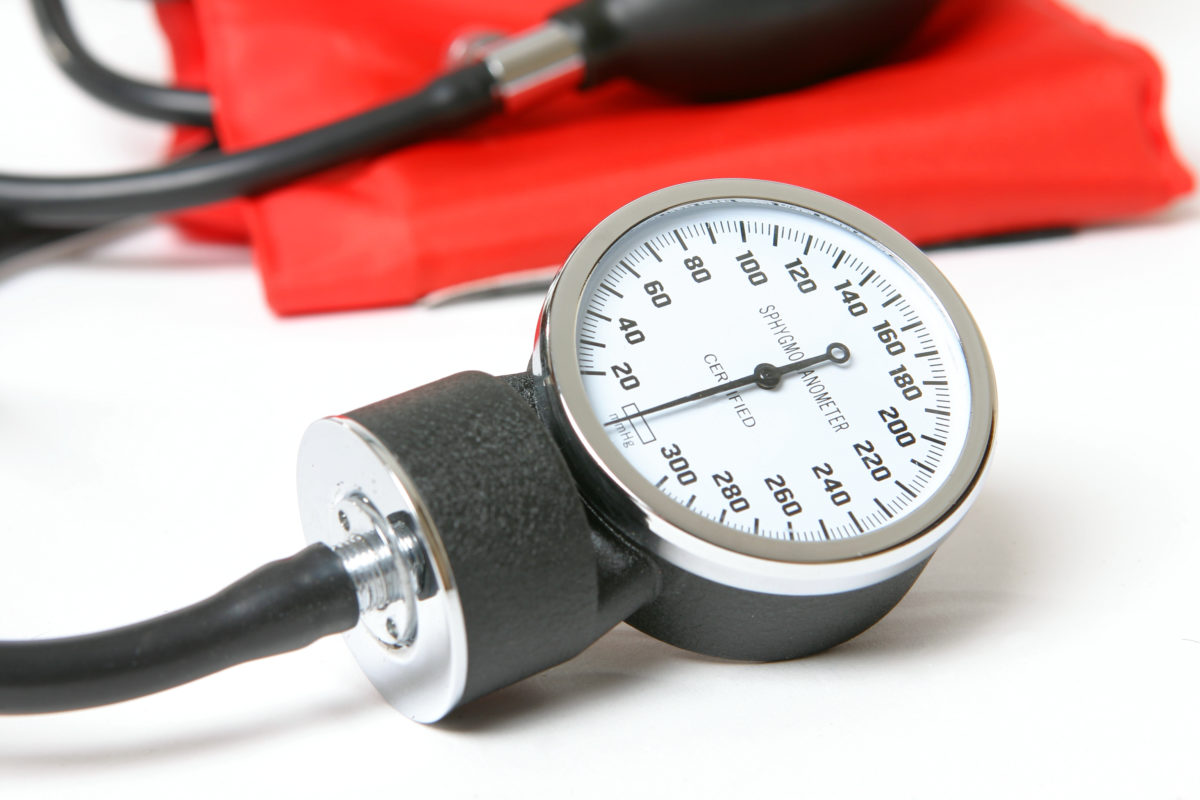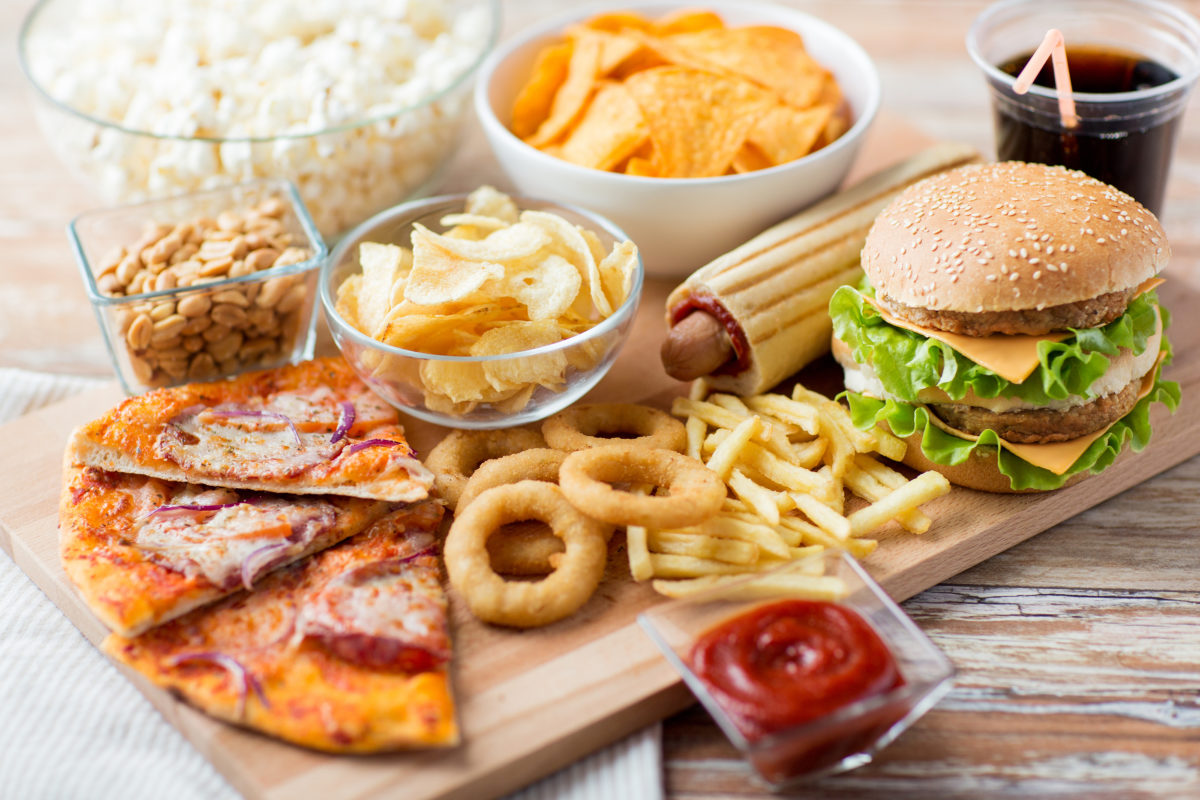Blood pressure and heart health go hand in hand. Your blood pressure reading reflects two numbers, systolic pressure and diastolic pressure. Your systolic pressure measures the pressure of the blood against your artery walls when the heart pumps blood out during a heartbeat, while your diastolic pressure measures this pressure in-between heartbeats when your heart is full of blood. Ideally, your blood pressure should read below 120/80. One in three American adults suffer from high blood pressure. One thing you can do to keep your blood pressure in check is to eat a balanced diet. Certain foods are known to increase your blood pressure. We suggest you avoid the following foods or limit them in your diet to keep your blood pressure in a good range:
- Soda/sweetened beverages – Sugar-loaded drinks can quickly lead to weight gain; excessive weight on the body can raise a person’s blood pressure.
- Processed meats and other foods – Deli meats like turkey or ham are loaded with sodium, which can raise a person’s blood pressure. Lots of packaged foods contain high amounts of sodium, e.g. canned soup, frozen meals, tomato sauces, canned vegetables and bread. These foods have a lot of sodium, because this ingredient is used to preserve the foods.
- Baked goods – Cakes, doughnuts, muffins, cupcakes, cookies, pies and more are loaded with sugar, but also contain a lot of saturated and trans fats. Both these “bad” fats are known to increase blood pressure.
- Candy – When you eat a piece of candy, you’re basically consuming empty calories and a lot of sugar; candy can spike your sugar levels and can lead to weight gain.
- Alcohol – Excessive use of alcohol can lead to weight gain and dehydration both of which can lead to an increase in blood pressure.
Each day, you should aim to keep your sodium intake to less than 2,300 milligrams; sugar should be limited to 37.5 grams per day for men and 25 grams per day for women. It’s best to avoid or limit the above foods and opt for water, 100 percent fruit juices, fresh meat, fruit, homemade (healthier) desserts, nuts, legumes, vegetables, and whole grains.
If you currently have high blood pressure or heart disease, it’s wise to discuss with your doctor the best meal plan for you. If you suffer from mitral valve disease or aortic valve disease and need surgery, Dr. Peter Mikhail is a cardiac surgeon treating patients in the Tampa, Clearwater and New Port Richey areas of Florida. To book an appointment, click here or call 727-312-4844.




